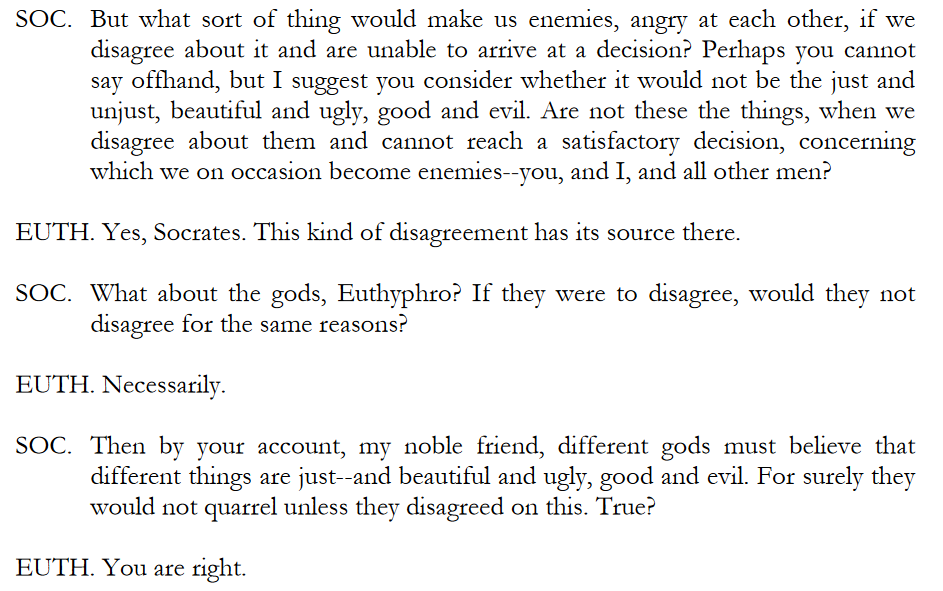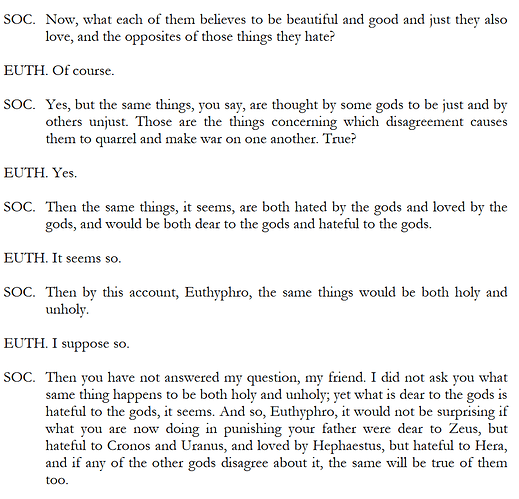(note: this is mb better in Elliot Temple – I am okay for the topic to be moved if so)
I had this idea replying to @deroj last night. It builds on ideas about asymmetry from @Elliot’s CF course (session 4 covers asymmetry between criticism and praise).
For context, here’s a short quote from the slides:
➤ If I criticize something, and I’m right about the criticism, then it won’t work
➤ If I praise something, and I’m right about the praise, then it could work or not work
Here is the idea from last night:
Knowledge has to be compatible with reality; it has to work. Additionally, knowledge needs to work reliably (at least for the {goal,context}). That means there has to be some convergence (overlap with other ideas that work) and some reach (b/c if it had ~0 reach then it would be too fragile to work).
But, for a criticism to work, it does not need to be compatible with reality (though it might be). Criticisms don’t need reach, and they only need to work once. They don’t need to be generalizable, or convergent.
Criticisms can work in a system of ideas that is completely disconnected from reality, but knowledge cannot.
Example:
One example I can see demonstrating this idea is something like two Christian scholars cycling through conjectures and refutations (about something god related) – some of those criticisms could work but could basically be completely unrelated to reality (besides like mb using some basic logic).
IDK of an example like that, tho. One thing I did remember tho was Socrates’ dialog with Euthyphro.
Euthyphro Dialog (page 7-8 in link)
Euthyphro’s idea:
Relevant bit of dialog:
Here, Socrates crits Euthyphro’s idea based on reasoning about gods. But gods don’t exist. The crit that the gods are inconsistent and/or contradictory is not knowledge in the sense that those gods don’t exist so they can’t be inconsistent. But the crit doesn’t need to be convergent w/ reality, it only needs to work for the reality that is in Euthyphro’s head.


